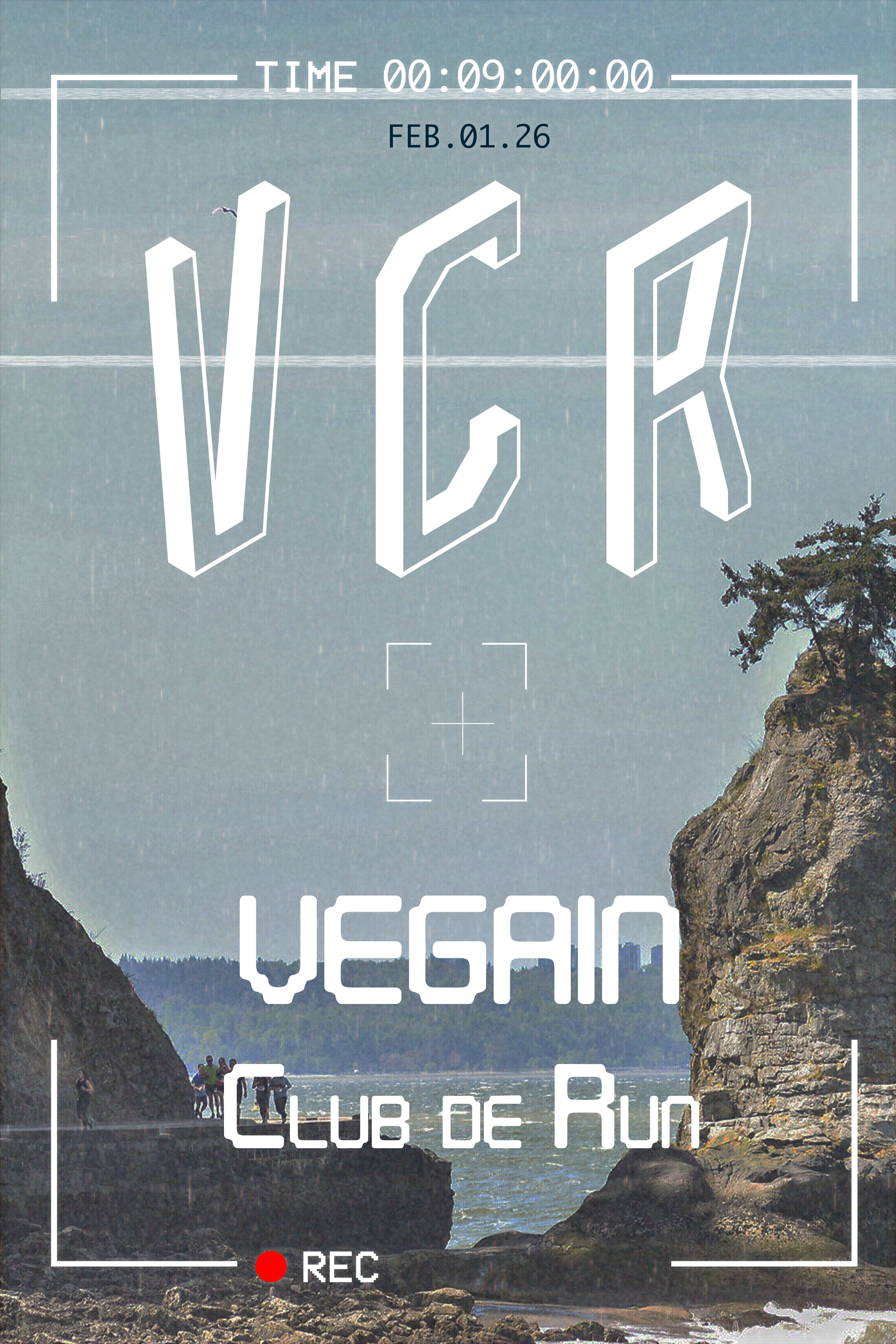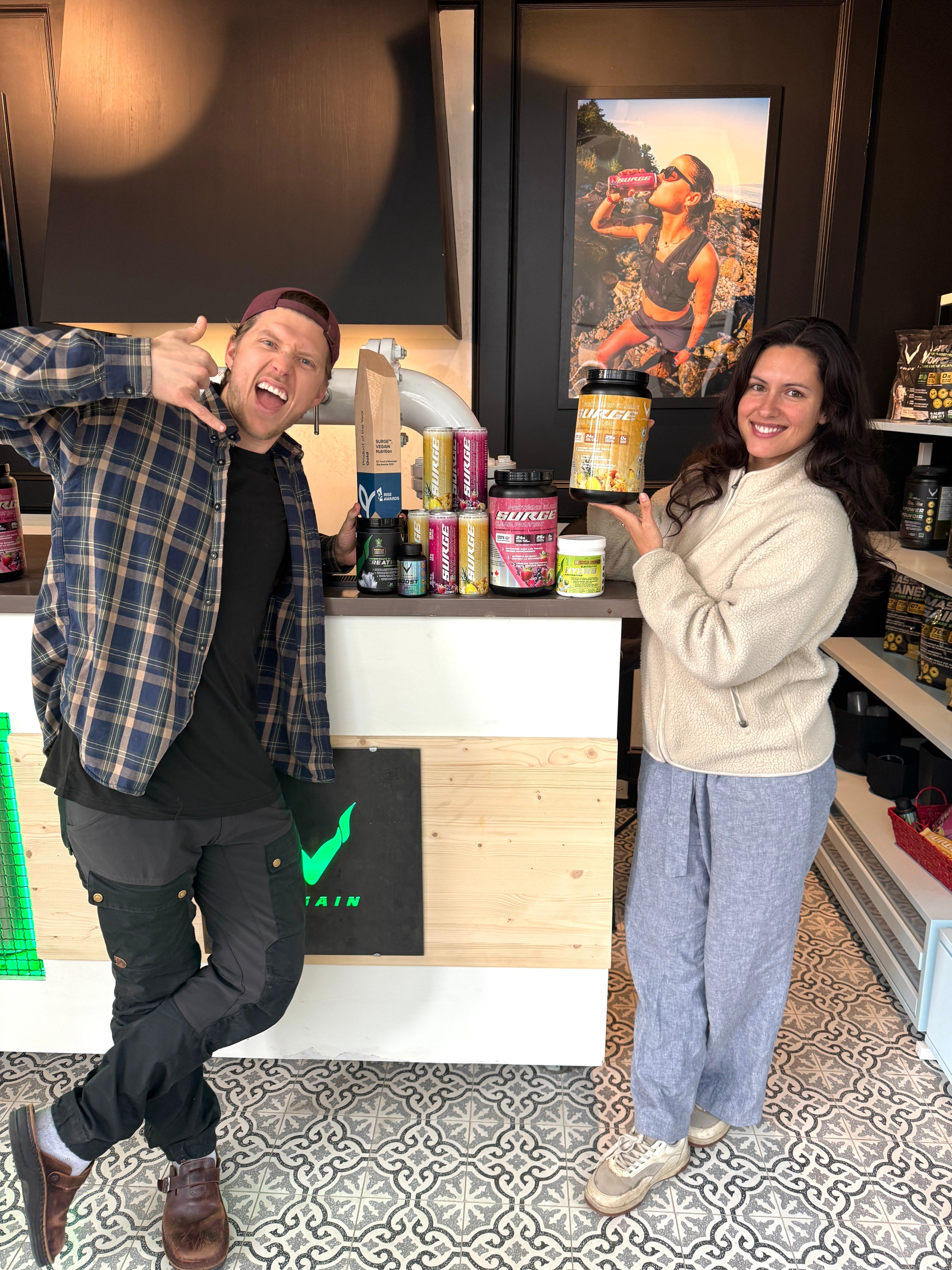VEGAIN for the Planet

The Earth is changing rapidly. Animal agriculture and overconsumption play a drastic role in our planet's atmospheric temperatures increasing, and in the quality of life of humans and animals alike.
By choosing plant-based alternatives to animal products, you are:
Reducing Greenhouse Gas Emissions
The dairy industry is responsible for a significant portion of global greenhouse gas emissions due to industrial-scale farms raising thousands of cattle. Greenhouse gases contribute to climate change by trapping heat in the atmosphere, leading to more frequent and extreme weather events like fires, droughts, hurricanes and floods. The global livestock industry contributes roughly 14.5% of total anthropogenic greenhouse gas emissions, with dairy alone contributing nearly 3%
of all human-induced greenhouse gas emissions.*
*Food and Agriculture Organization of the United Nations. “Tackling Climate Change Through Livestock.” 2013.
Saving Water
Dairy cattle are a hugely water-intensive endeavour. In fact, dairy cattle are responsible for 19 percent of the global water footprint of animal agriculture*. By skipping just one whey-based protein shake per week, you could save the equivalent of 1,238 gallons of water in a year.
*Hoekstra, Arjen Y. “The hidden water resource use behind meat and
dairy.” Animal Frontiers. April 2012.
Protecting Our Water-Sources
Water pollution occurs when the manure from the thousands of cattle from large-scale farms is stored. These cows produce too much manure to apply it all to the land and to use in farming crops, so it is held in place where it makes its way into waterways - contaminating them with unsafe levels of nitrogen and phosphorus and rendering them unusable, if not outright dangerous.*
*A Failure to Regulate: Big Dairy & Water Pollution in Vermont. Will Allen, Michael Colby, Kate Duesterberg
Preventing Deforestation
To raise all that cattle, the dairy industry needs a lot of space. Huge areas of land are deforested to accommodate the animals and the crops required to feed them. Today, nearly ⅓ of the Earth’s entire land-surface is dedicated to the livestock industry - and demand continues to increase.
*Food and Agriculture Organization of the United Nations. “Livestock a major threat to environment.” 29 November 2006.
Preventing Soil Degradation
Overgrazing, soil-compaction, erosion from deforestation and cycles of mono-crops depleting the soil of nutrients are all direct impacts of the cattle- and dairy-industry.*
Food and Agriculture Organization of the United Nations. “Livestock a major threat to environment.” 29 November 2006.
Protecting Wildlife and Biodiversity
When natural spaces are converted to farmland to support the dairy industry, other animals lose their habitats in the process - directly threatening biodiversity and wildlife. Habitat loss, pesticide runoff, dams, water-withdrawal and the development of farm-supporting infrastructure are all negative impacts of industrial agriculture, and are particularly representative of the cattle industry.*
*Center for Biological Diversity.
*Food and Water Watch. “Factory Farm Map.”
Reducing Animal Suffering
Dairy cows experience extreme levels of suffering, including confinement, separation, and health issues. Mastitis is a painful inflammation of a mammary gland that can be caused by infection or trauma, and is so common in dairy herds that it is accepted that 5 to 75% of cows will be affected.* These health issues are in addition to the mental and emotional suffering they experience being kept pregnant the majority of their productive lives, having their calves taken away hours after birth, and being kept in harmful living conditions.
*“Mastitis in Cattle”, Ronald J. Erskine, DVM, PhD, Department of Large Animal Clinical Sciences, College of Veterinary Medicine, Michigan State University. May 2020
Supporting The Economy
Producing dairy isn’t cheap, and yet we’ve come to expect it to be. Subsidies and financial incentives have allowed large corporations to artificially reduce the price of their products - pushing out smaller, family-owned businesses that aren’t able to compete and profit. By avoiding dairy-products, you’re diverting your dollars away from big dairy corporations, and can redistribute them by purchasing products that support your community.
Whether you’re here to get away from the nasty side-effects of whey, you have an allergy, or you’re making the best choice for your health, your ethics or the environment, VEGAIN® is for you. By using only plant-based ingredients and focusing on North American inputs, our product is the better choice for reducing your carbon footprint and doing your part for the health of our environment, and the beings who live in it.



